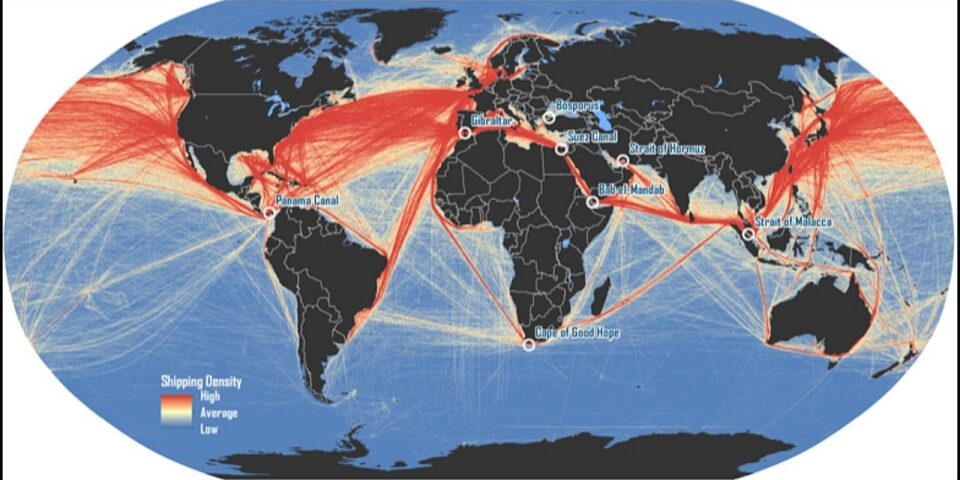PortEconomics member Jean-Paul Rodrigue discusses the role of the hero of the global economy, the container, and how our access to global trade goods resembles the Melanesian cargo cult, without the rituals – in a viewpoint article published in Al Jazeera America.
As Jean-Paul states:
“Globalization may have inadvertently spread the belief that goods appear on the shelves of retail stores spontaneously, or at least without much effort. For an average consumer, the ease of each purchase, particularly an online purchase, is also a convenient illusion.
This is similar to a cargo cult — a belief among Melanesian tribes upon contact with the abundance of trade goods during the colonial era that material wealth will be available to them pending traditional rituals. Followers of this cult, who did not grasp the complexity of manufacturing and distribution, performed rituals in the hope that commercial cargo ships would bring them modern goods. Our ease of purchasing and access to abundant goods in today’s global economy are reminiscent of the cargo cult practice.
However, the modern global cargo cult is made possible not through some rituals but by various trade agreements that are designed to reduce international transaction costs and by maritime container transportation that makes long-distance trade an affordable proposition”.
Read the entire article @ Al Jazeera America – with title respecting the ‘name’ first given to the ‘container’ by Economist: The ‘humble hero’ of the global economy: containers













